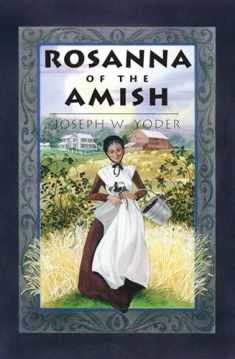
The Riddle of Amish Culture (Center Books in Anabaptist Studies)
Book details
Summary
Description
Revised edition of this classic work brings the story of the Amish into the 21st century.
Since its publication in 1989, The Riddle of Amish Culture has become recognized as a classic work on one of America's most distinctive religious communities. But many changes have occurred within Amish society over the past decade, from westward migrations and a greater familiarity with technology to the dramatic shift away from farming into small business which is transforming Amish culture. For this revised edition, Donald B. Kraybill has taken these recent changes into account, incorporating new demographic research and new interviews he has conducted among the Amish. In addition, he includes a new chapter describing Amish recreation and social gatherings, and he applies the concept of "social capital" to his sensitive and penetrating interpretation of how the Amish have preserved their social networks and the solidarity of their community.


We would LOVE it if you could help us and other readers by reviewing the book
Book review





